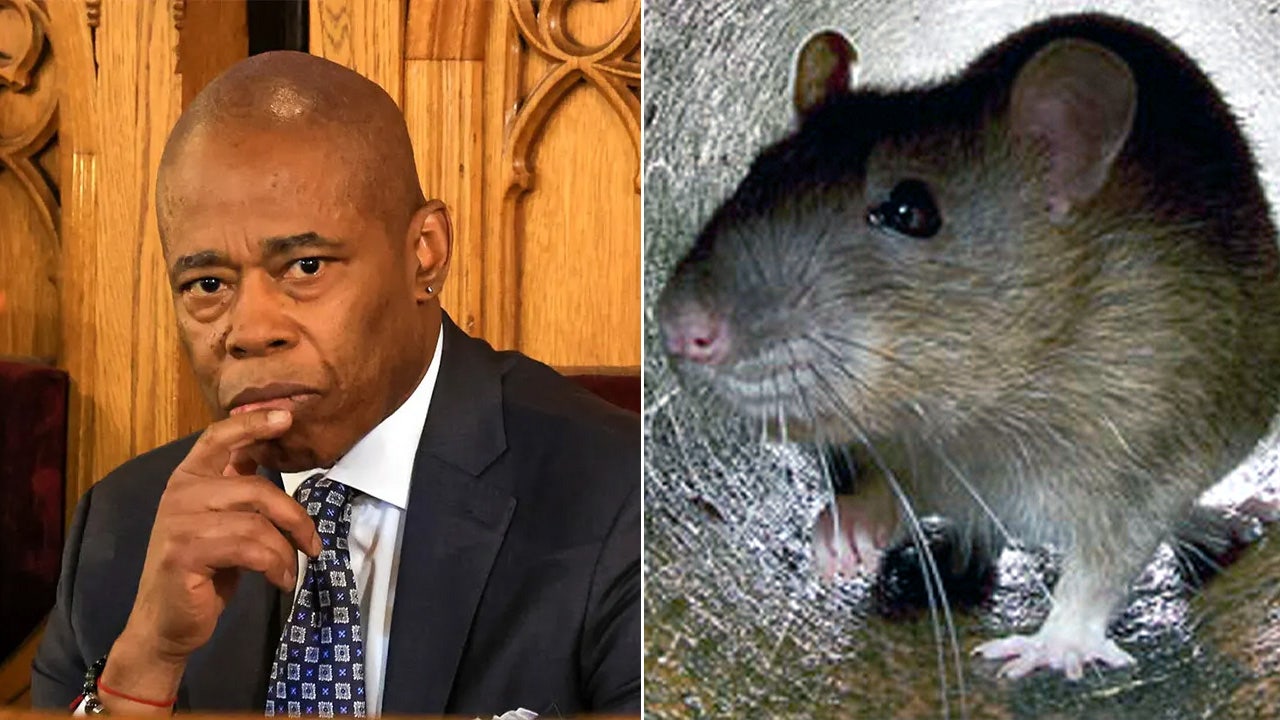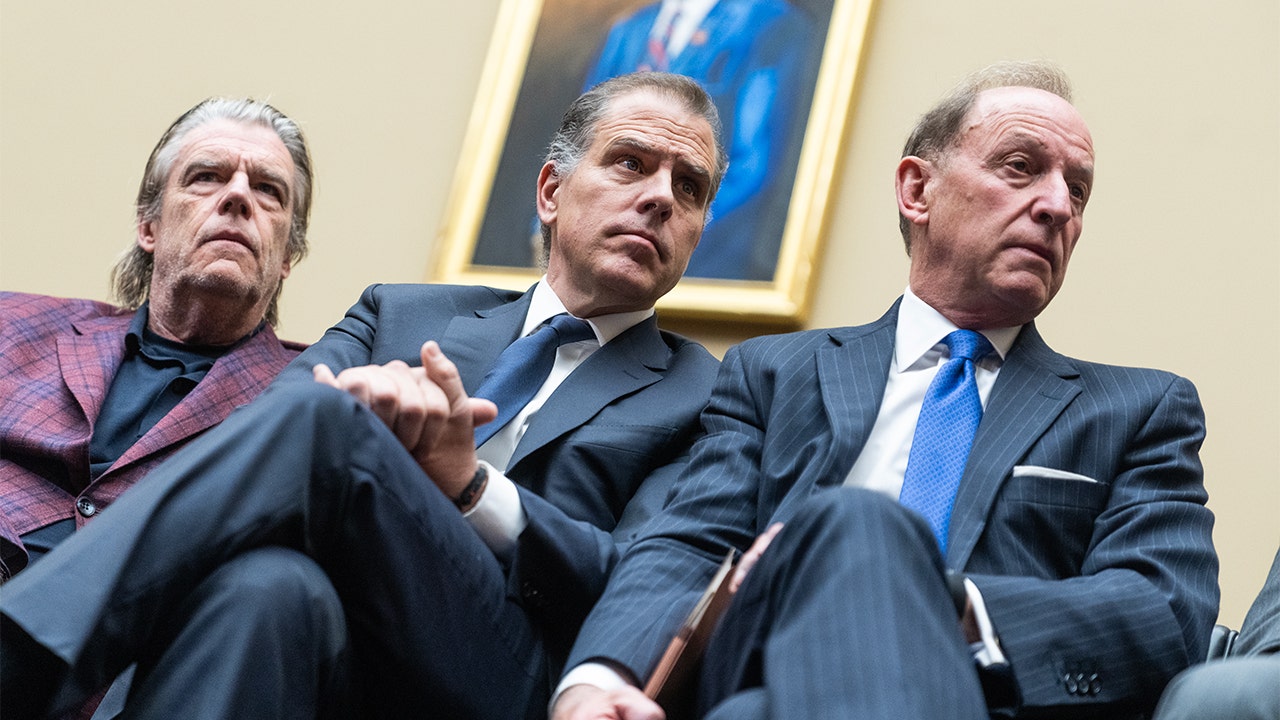World
Europe is allowing forced labour at sea to run wild
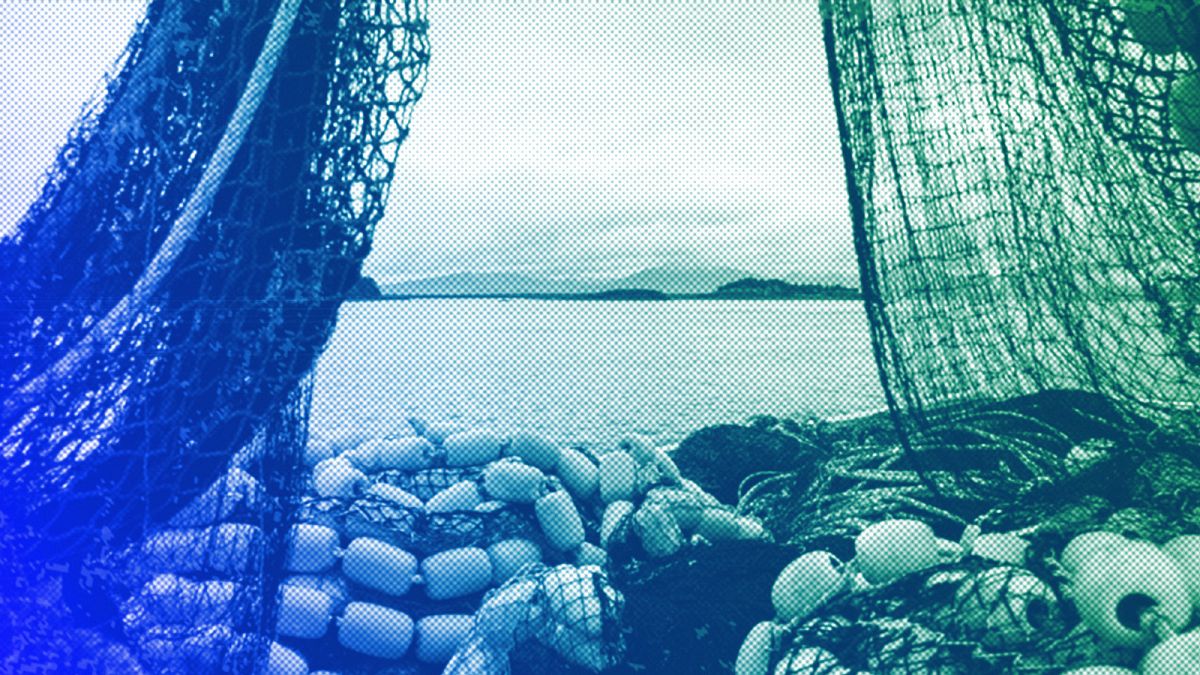
The opinions expressed in this article are those of the author and do not represent in any way the editorial position of Euronews.
How can one ban fishing products from forced labour without being able to identify the vessels’ legal owners and the individuals who ultimately benefit from these offences, Matti Kohonen writes.
An estimated 128,000 fishers suffer horrific forced labour abuses onboard fishing vessels every year, a figure that likely significantly understates the full extent of this crisis.
Abuses include physical violence, unpaid wages and having to spend years at sea, according to the International Labour Organization (ILO).
A recent report found that 22.5% of commercial fishing vessels accused of forced labour are owned by European companies, led by Spain, Russia and the UK.
Europe came second after Asia whose companies, especially from China, own almost two-thirds of vessels linked to forced labour.
Most European countries — together with other fishing superpowers like China, Indonesia and the US — have not yet ratified key agreements that ban forced labour in fishing vessels such as the ILO Work in Fishing Convention 188, while the relevant EU directive only applies to EU-flagged vessels or those operating in EU waters.
Crucially, ratifying these agreements would render any proceeds of vessels using forced labour equivalent to proceeds of crime under money laundering laws, making prosecutions easier.
Failing to do so, however, explains the reluctance by the Spanish authorities to investigate alleged forced labour abuses onboard several commercial fishing vessels owned by Pescatlant, known in the fisheries sector to be Russian, and one of the main companies accused of these crimes, according to the International Transport Workers’ Federation.
But even if countries implement the ILO Convention and other key agreements, financial secrecy means that ultimate owners of accused vessels can still evade justice.
What is hiding behind opaque corporate structures?
The reason is that beneficial owners of European and other commercial fishing vessels accused of forced labour often hide behind complex, cross-jurisdictional corporate structures ranging from shell companies to opaque joint ventures.
The European Court of Justice (ECJ) made things worse last year. In a shocking ruling, the court invalidated public access to beneficial ownership information due to privacy concerns in a case brought by a property developer in Luxembourg, meaning that uncovering those ultimately responsible for these crimes will be even harder.
This ruling reversed progress in the 5th Anti-Money Laundering Directive (AMLD5) that mandated public access to beneficial ownership information to prevent and detect money laundering and predicate offences.
This ruling immediately stopped plans to open beneficial ownership access to the public in countries like Spain and Ireland, many of whose flagged vessels have been accused of forced labour offences.
Currently, the EU is debating whether to make this data available for so-called “legitimate interests” in media and civil society.
However, this is a slower and more cumbersome process than direct public access, undermining those investigating forced labour abuses in fishing fleets, as well as other environmental and human rights crimes.
Should products of forced labour be treated as profiting from crime?
In the meantime, a recent analysis found that in 13 of 27 EU member states, journalists and civil society representatives can either not access information or have to go through often complex requirements to prove their legitimate interest.
Also, even in countries like France and Latvia which still have open beneficial ownership registries, these do not record changes in ownership over time, thereby not allowing to uncover the ultimate owners of accused vessels at the time when the offences took place.
Positively, the EU is discussing a proposal to ban all products from forced labour entering or being consumed in the European market which, even though it is currently stalled at the European Council, suggests greater political will to tackle this human rights crisis.
Also, the UK has moved forward to consider goods sourced from companies found out for forced labour to fall under the Proceeds of Crime Act (POCA).
Even if the case in UK courts regarding forced labour reported concerning Uyghur cotton did not lead to a conviction, the judges accepted the general principle of forced labour constituting a proceed of crime.
People’s lives are at stake
But all these measures are not enough unless the underlying problem of financial secrecy is resolved.
After all, how can one ban fishing products from forced labour without being able to identify the vessels’ legal owners and the individuals who ultimately benefit from these offences?
Sanctioning the captains or crew of the vessels is completely ineffective; you need to sanction the companies and their beneficial owners.
The way forward is clear: public registries of commercial fishing vessels accused of forced labour should be set up, all countries should ratify key conventions, there should be beneficial ownership registries, and anyone registering a vessel should disclose their legal and beneficial owners and changes in property over time.
Thousands of people’s lives depend on this happening. There is no excuse not to act.
Matti Kohonen is Executive Director of the Financial Transparency Coalition.
At Euronews, we believe all views matter. Contact us at view@euronews.com to send pitches or submissions and be part of the conversation.

World
Video: Sunak Calls for a Snap General Election in the U.K.

new video loaded: Sunak Calls for a Snap General Election in the U.K.
transcript
transcript
Sunak Calls for a Snap General Election in the U.K.
Prime Minister Rishi Sunak of Britain announced July 4 as the date for general elections.
-
Earlier today, I spoke with His Majesty, the king, to request the dissolution of Parliament. The king has granted this request and we will have a general election on the 4th of July. This election will take place at a time when the world is more dangerous than it has been since the end of the Cold War. These uncertain times call for a clear plan and bold action to chart a course to a secure future. You must choose in this election who has that plan. Who is prepared to take the bold action necessary to secure a better future for our country and our children?
Recent episodes in News Clips: Europe
World
Brazil's flooded south sees first deaths from disease, as experts warn of coming surge in fatalities
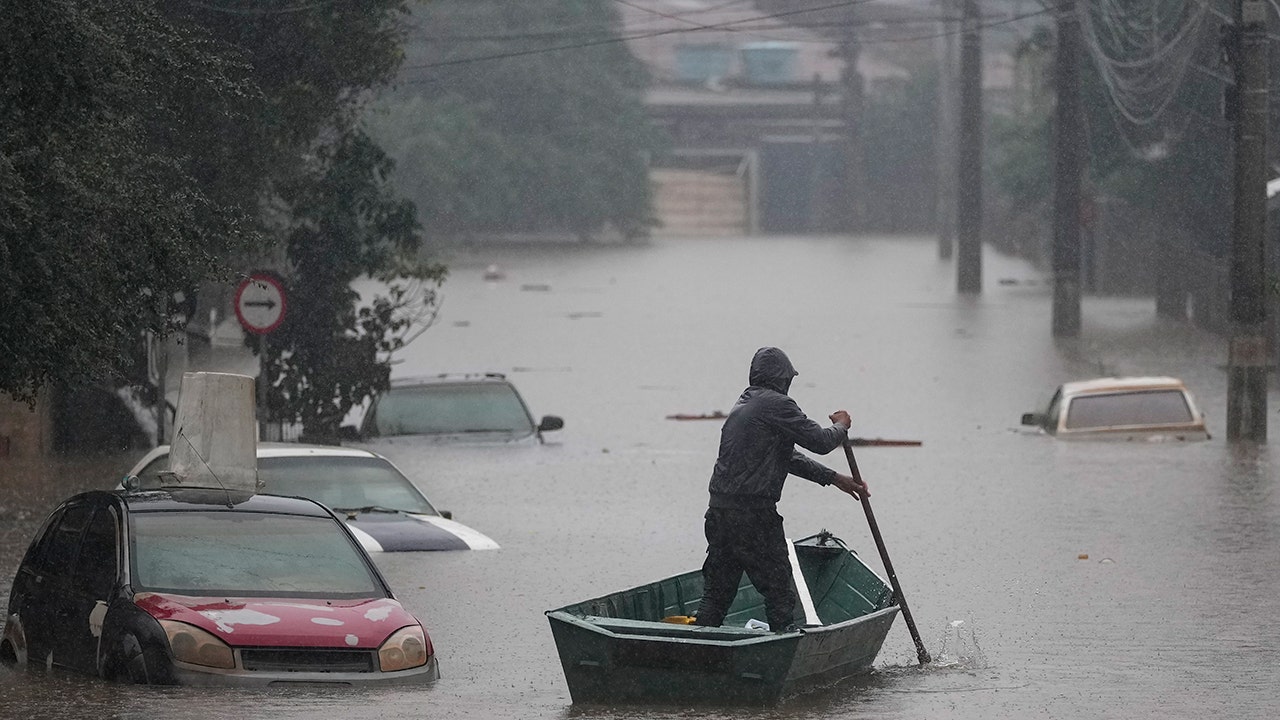
The first two deaths from waterborne bacterial disease were reported in southern Brazil, where floodwaters were slowly receding, and health authorities warned additional fatalities were likely.
Rio Grande do Sul state’s health secretariat confirmed the death of a 33-year-old man due to leptospirosis on Wednesday. On Monday, authorities registered that a 67-year-old man had died from the same infectious disease. Since the beginning of May, 29 cases of the waterborne disease have been confirmed in the state.
WATER RATIONING ORDERED AS SEVERE FLOODING DEVASTATES SOUTHERN BRAZIL
The flooding over about a two-week period killed at least 161 people, with 82 still missing, state authorities said Wednesday. More than 600,000 people were forced from their homes, including tens of thousands who remain in shelters, they said.
Health experts had previously forecast a surge in infectious diseases including leptospirosis and hepatitis B within a couple weeks of the floods, as sewage mixed into the floodwaters.
A man rows a boat on a street flooded by heavy rains, in Sao Leopoldo, Rio Grande do Sul state, Brazil, Saturday, May 11, 2024. (AP Photo/Andre Penner)
“There are those who die during the flood and there is the aftermath of the flood,” said Paulo Saldiva, a professor at the University of Sao Paulo medical school who researches the impacts of climate change in health. “The lack of potable water itself will mean that people will start using water from reservoirs that is not of good quality.”
The unprecedented disaster struck more than 80% of the state’s municipalities and damaged critical infrastructure. Over 3,000 health establishments — hospitals, pharmacies, health centers, and private clinics — were affected, according to a report from the federal government’s health research institute Fiocruz released Tuesday.
“The outbreak of leptospirosis cases was somewhat expected due to the number of people exposed to the water, as well as other diseases,” said Carlos Machado, a public health and environmental expert who Fiocruz appointed to track the flood’s impact. “We have never seen in Brazil a disaster of this size and with such a large exposed population.”
Machado said that even though infrastructure, basic control services and health services have been disrupted, the local health department is working to offer prophylaxis to infectious diseases and guidance to people returning home on how to reduce the exposure risks.
Interruption of health services can also have a lasting impact on patients treating chronic diseases, as treatment and care for chronic patients are discontinued, Machado said. People also often leave home during climate disasters without their prescriptions or identification.
“The health department is working hard to guarantee medication to patients with chronic diseases,” he said.
World
€440k frozen in Italy over suspect scam by fake farmers

Italian authorities issued a freezing order against group of farmers alleging EU farming subsidies were claimed for gardeners.
Three people connected to Italian businesses allegedly made bogus claims more than €375,000 in EU agricultural funds between 2020 and 2023, of which €65,000 has already been drawn from Italy’s payment agency.
The 368 hectares of farmland they claimed to own in order to receive the subsidies were not actually theirs, however, according to the authorities, belonging instead to the naval air station of Sigonella, for which the three suspects used to simply cut the grass.
“That is why they were not allowed to use it for agricultural activities, but only to carry out the grass mowing service,” said a press officer at the European Public Prosecutor’s Office (EPPO) which requested the seizure issued by the judge for preliminary investigations of the Court of Catania today (22 May).
The suspects are two brothers and another partner who took an active part in the alleged scam at a later stage. The brothers are familiar with farming, however, as one of the two actually owns an agriculture business while the other was employed by Italy’s Agricultural Assistance Centre.
This is the third large case involving freezing orders requested by EPPO – which investigates, prosecutes, and brings to judgment perpetrators of criminal offences harming the EU budget – involving Italy this year, leading to more than €3.7m assets being frozen in the past three months.
In 2023, a third of the open investigations related to fraud in the EU farming budget involved Italy, according to EPPO figures.
For Andrea Venegoni, European prosecutor for Italy, there are many reasons for the large number of agricultural fraud investigations in the country.
“First of all, there are many rural areas in Italy where EU funds are distributed to promote agriculture and rural development,” he told Euronews.
“It is also natural that where there is money, there is a potential for fraud. Hence, criminal organisations target EU funding programmes,” he added.
The prosecutor also highlighted the “extraordinary investigative skills” of the Italian financial and judicial police leading to fraud detection, combined with the activity of the European delegated prosecutors who worked effectively with the law enforcement agencies.
Fraud is not within the remit of the Commission’s action as the EU executive can only address administrative errors that may occur and correct the spending with audits – while the EU anti-fraud office (OLAF) is the body responsible for dealing with fraud cases, which may then be prosecuted by EPPO.
“The Commission has zero tolerance for fraud. We trust EPPO, and OLAF, to always investigate, follow up and prosecute fraud cases,” Commission spokesperson Olof Gill told Euronews.
“Since the assets of the alleged perpetrators have been seized with a judicial order, the EU financial interest is fully protected,” he added.
The Commission will be following developments of the case closely to see if the alleged crimes highlight weaknesses in the administrative control systems, the spokesperson continued.
-

 News1 week ago
News1 week agoNevada Cross-Tabs: May 2024 Times/Siena Poll
-

 World1 week ago
World1 week agoPro-Palestinian university students in the Netherlands uphold protest
-

 Politics1 week ago
Politics1 week agoWhite House walks diplomatic tightrope on Israel amid contradictory messaging: 'You can't have it both ways'
-

 Politics7 days ago
Politics7 days agoSouthern border migrant encounters decrease slightly but gotaways still surge under Biden
-

 Politics1 week ago
Politics1 week agoDem newcomer aims for history with primary win over wealthy controversial congressman
-

 World7 days ago
World7 days agoSlovakia PM Robert Fico in ‘very serious’ condition after being shot
-
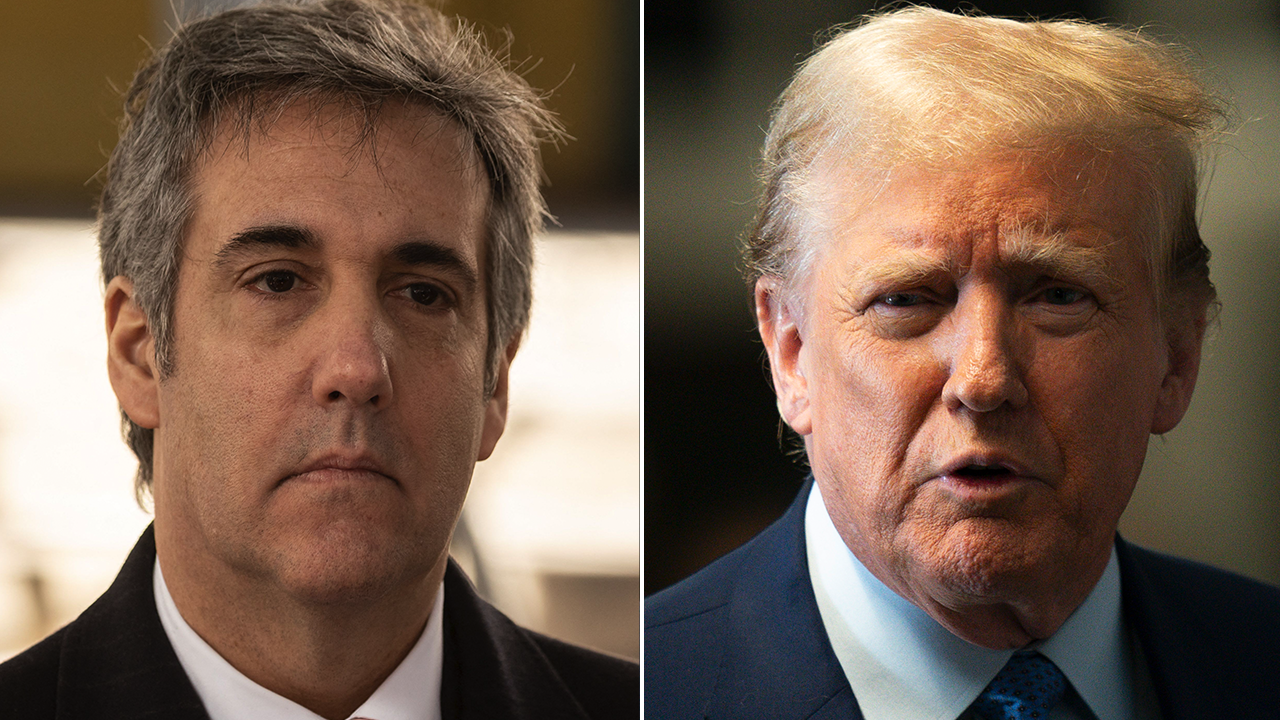
 Politics1 week ago
Politics1 week agoNY v. Trump trial resumes with 'star witness' Michael Cohen expected to take the stand
-

 Politics1 week ago
Politics1 week agoReports of Biden White House keeping 'sensitive' Hamas intel from Israel draws outrage















